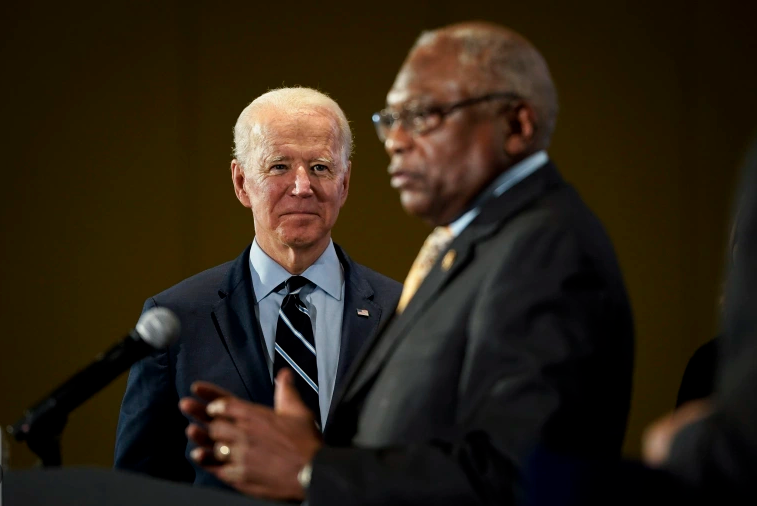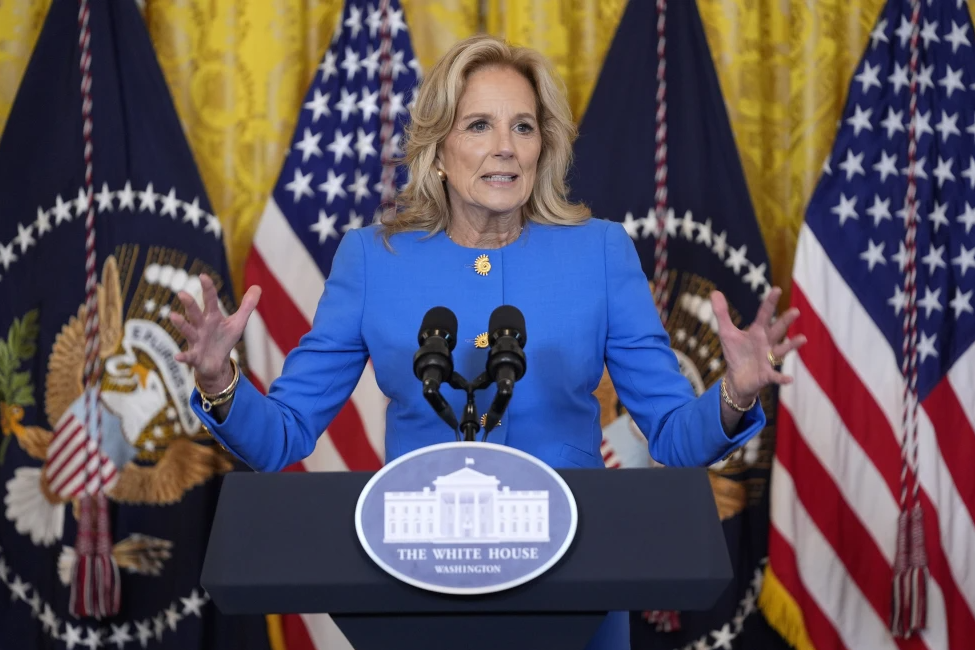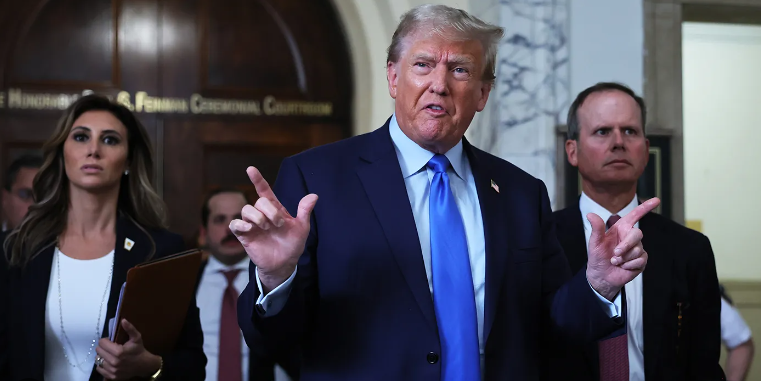
In a day of legal twists and turns, the Supreme Court initially green-lighted Texas to enforce a controversial state law designed to arrest and detain individuals for illegally crossing the border from Mexico. However, the spotlight quickly shifted as a federal appeals court threw a wrench in the works, reinstating an injunction that once again puts the law on hold. This rollercoaster of legal maneuvers underscores the contentious battle over immigration policies in the U.S. and Texas’ bold move to take matters into its own hands.
Filed in a New Jersey federal court, the lawsuit against this law sees a coalition of attorneys general from 15 states, including California, New Jersey, and Washington, D.C., standing against what they see as an overreach by Texas. The law, championed by Republican Governor Greg Abbott, was hailed as a victory for state sovereignty over border control but criticized by many as a direct affront to federal authority over immigration matters.
The heart of the controversy lies in Senate Bill 4, a legislation that permits local law enforcement to arrest migrants suspected of crossing the border illegally. Advocates for the bill argue it’s a necessary response to the federal government’s failure to secure the border, citing concerns over transnational violence and drug trafficking. Critics, however, view the measure as unconstitutional, potentially leading to chaos at the border and straining federal-state relations over immigration enforcement.
The initial clearance by the Supreme Court, with dissent from three liberal justices, appeared to be a win for Texas’ stringent stance on border control. Yet, the joy was short-lived. The 5th Circuit Court of Appeals’ decision to uphold the preliminary injunction against the statute signals ongoing legal battles and suggests that the issue is far from settled. This judicial pushback emphasizes the complexity of immigration law and the challenges of reconciling state initiatives with federal policies.
Both courts’ actions reflect the deeply polarized views on how to manage immigration and border security in the U.S. While Texas officials, including Attorney General Ken Paxton, tout the law as a critical step in defending the state’s sovereignty and public safety, the Biden administration and immigrant rights groups warn of the humanitarian and constitutional implications of such measures. The White House, expressing fundamental disagreement with the Supreme Court’s initial order, emphasizes the need for bipartisan solutions and comprehensive border security reforms.
The ongoing legal tussle over Senate Bill 4 is a microcosm of the broader national debate on immigration policy. It showcases the tension between state-led initiatives to enforce border security and the federal government’s exclusive authority over immigration matters. As this drama unfolds in the courts, it highlights the urgent need for a coherent and humane approach to immigration that respects the rights of individuals while addressing the concerns of border states.
As the case is poised to make its way back to the Supreme Court, the nation watches closely. The outcome of this legal standoff could redefine the boundaries of state and federal powers over immigration, setting precedents for how America navigates the complex and divisive issue of border control. Amidst the legal battles, the human cost of such policies remains a pressing concern, underscoring the need for balanced and just solutions that uphold the dignity and rights of all individuals, regardless of their immigration status.











